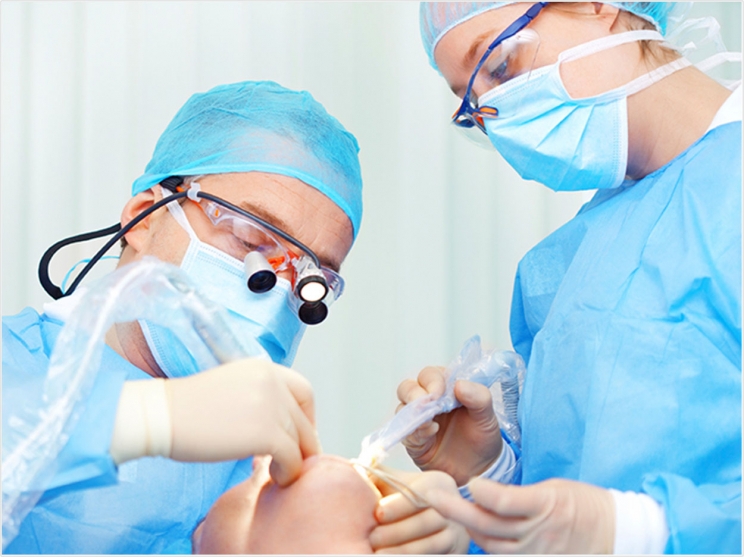
The ADA Council on Ethics, Bylaws and Judicial Affairs has updated the organization’s Principles of Ethics & Code of Professional Conduct to reflect the need to balance the needs of individual patients with public health concerns.
The council’s advisory opinion, “Elective and Non-Emergent Procedures During a Public Health Emergency,” guides dentists in analyzing what procedures need to be performed during widespread health emergencies as well as their ethical obligations to patients and the public alike, which may be in conflict.
For example, during the early days of the COVID-19 pandemic, the ADA asked dentists to postpone elective procedures while continuing to provide emergency care. These delays preserved PPE supplies while reducing the burden on local emergency departments, serving the public at large, while enabling patients most in need to still receive care.
Though nearly all dental practices have reopened and are providing routine care in addition to urgent and emergency cases, and cases of virus transmission in dental practices have been very rare, the ongoing pandemic remains a concern and conflicts may remain or emerge.
“Dentists have ethical obligations to provide care for patients and also serve the public at large. Typically, these obligations are interrelated,” the advisory opinion said.
“Dentists are able to provide oral healthcare for patients according to the patient’s desires and wishes, so long as the treatment is within the scope of what is deemed acceptable care without causing the patient harm or impacting the public,” it continued.
“During public health crises or emergencies, however, the dentist’s ethical obligation to the public may supersede the dentist’s ethical obligations to individual patients. This may occur, for example, when a communicable disease causes individual patients who undergo treatment and/or the public to be exposed to elevated health risks,” the opinion said.
“During the time of a public health emergency, therefore, dentists should balance the competing ethical obligations to individual patients and the public,” it said.
“If, for example, a patient requests an elective or non-emergent procedure during a public health crisis, the dentist should weigh the risk to the patient and the public from performing that procedure during the public health emergency, postponing such treatment if, in the dentist’s judgment, the risk of harm to the patient and/or the public is elevated and cannot be suitably mitigated,” it said.
“If, however, the patient presents with an urgent or emergent condition necessitating treatment to prevent or eliminate infection or to preserve the structure and function of teeth or orofacial hard and soft tissues, the weighing of the dentist’s competing ethical obligations may result in moving forward with the treatment of the patient,” it said.
Related Articles
COVID-19 Offers New Reasons to Maintain Dental Health
Does COVID-19 Cause Missing Teeth?
Dentists See “Substantial” Increase in PPE Prices











